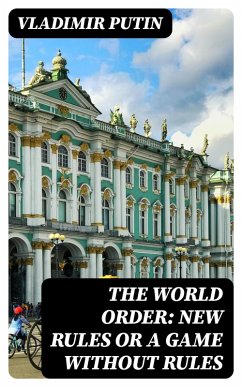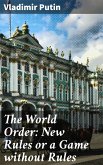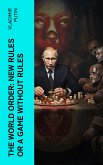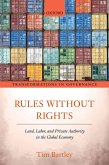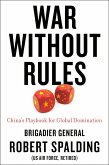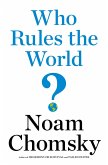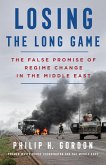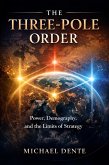In "The World Order: New Rules or a Game without Rules," Vladimir Putin articulates his vision of international relations and geopolitics in the post-Cold War era. The book is a reflective exploration of power dynamics, presenting a critical analysis of Western dominance and advocating for a multipolar world. Putin employs a direct and assertive literary style, infusing personal anecdotes and historical references that illustrate the intricacies of global governance. This work is situated within the context of rising tensions between Russia and the West, offering insights into the Kremlin's strategic imperatives and its interpretation of international law and order. Vladimir Putin, a seasoned political leader and former intelligence officer, draws upon his extensive experience in statecraft and international diplomacy. His tenure in various governmental roles-from his early days in the KGB to his presidency-has profoundly shaped his worldview. Having witnessed the dissolution of the Soviet Union and the subsequent geopolitical shifts, Putin's arguments reflect his commitment to Russia's sovereignty and its rightful place on the global stage, making this book a response to what he perceives as unjust challenges to Russian authority. This book is essential reading for scholars, policymakers, and anyone interested in understanding the undercurrents of contemporary geopolitical conflict. Putin's provocative insights encourage readers to rethink conventional narratives about world order and to engage critically with the concept of power in an increasingly complex international landscape.
Dieser Download kann aus rechtlichen Gründen nur mit Rechnungsadresse in A, B, BG, CY, CZ, D, DK, EW, E, FIN, F, GR, H, IRL, I, LT, L, LR, M, NL, PL, P, R, S, SLO, SK ausgeliefert werden.

